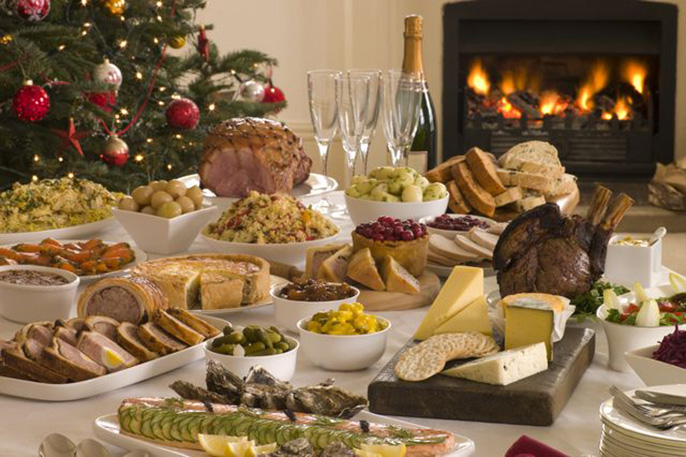
Is it possible to have Healthy eating Habits for the Holiday Season?
This year, Stove Top is selling holiday pants with stretchy waistbands to allow all our gluttonous desires to be possible. While this seems like a hilarious joke to some, for others it is a glaring reminder of an internal challenge that’s magnified during the holidays: Binge eating.
What Is Binge Eating?
Binge eating is the rapid consumption of excessive quantities of food. This can causes individuals to consume food at times other than when they are hungry, and struggle to stop when they are full. This can occur for a variety of reasons, but the effect tends to be the same: self-loathing, guilt, shame that can lead to decreased self-esteem and feelings of self-worth.
The pattern can then result in more binge eating or turn to undoing behaviors like excessive exercise or purging. As you can imagine, this cycle is upsetting and can lead to episodes of depression.
While not all eating is disordered, it isn’t uncommon for most people to overeat or feel guilty after a big holiday meal. So how do you keep yourself in check? Through mindful eating.
How to Eat More Mindfully:
Being mindful is about focusing your attention and awareness on what is right in front of you, helping you disrupt the tendency to escape from the experience or numb the emotions. When it comes to mindful eating, here are a couple of strategies:
- Put your fork down between each bite. This may seem tedious but it allows you a moment to breathe and gives your body a chance to decide if it wants more or if it’s full.
- Sit down when you’re eating, even if you just grabbed a few crackers from the Hors d’oeuvres By always sitting before eating, you will become more aware of what you’re eating and can decide if you really want it or not.
- With each bite, name the flavors, textures, or smells that you’re experiencing. Really enjoy and savor the bite. Not only does it allow you to be present, but it can be a more pleasant eating experience for you.
- Eat smaller meals throughout the day, especially leading up to a big dinner. By eating smaller meals before the big meal, you’ll still be hungry for dinner but may not feel quite as compelled to eat the appetizers.
- Before grabbing that first snack, ask yourself, “Am I hungry? Thirst? Bored?”—sometimes, we eat because we are bored and recognizing this can allow us to pick a different action.
- After your first plate, try sitting and talking for about 10 minutes before going in for seconds. This allows your body to give you some signal letting you know if you are full. If you know dessert is coming, save some room!
- And most importantly, enjoy the meal! If you can’t enjoy the food when you’re eating it, we won’t feel satisfied.
